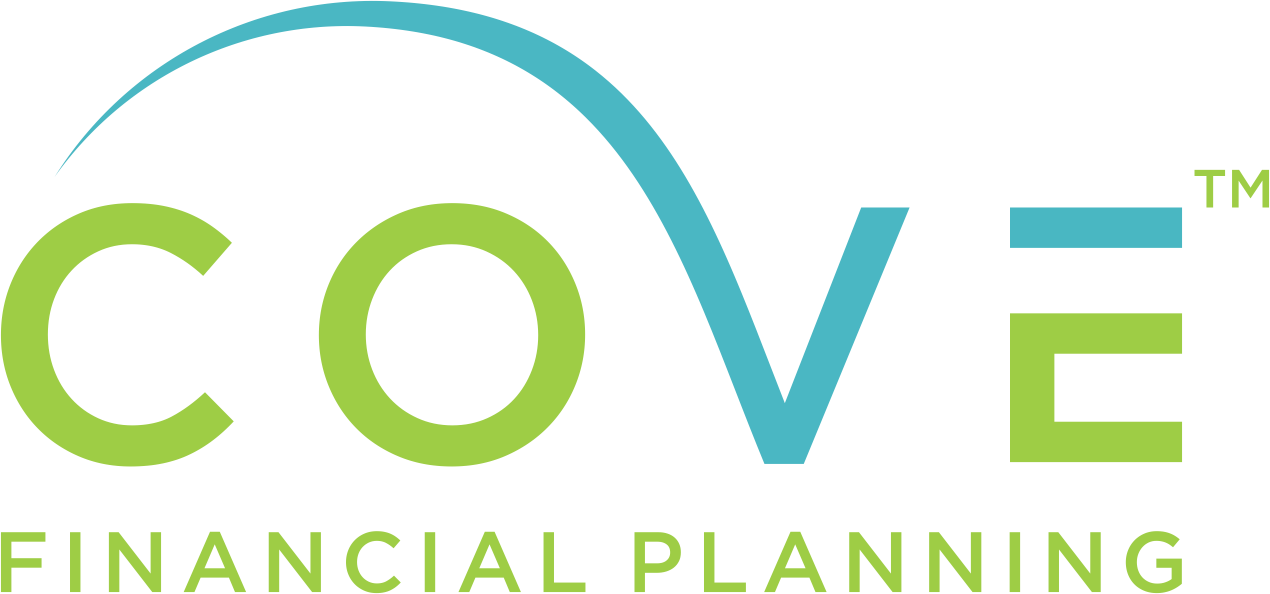5 Ways to Protect Yourself from Inflation
Stuff is getting more expensive just in time for the holiday season…
The average cost of goods and service—knows as inflation—hit a 30-year high in October as consumer prices rose 6.2% from just a year ago. Unfortunately, those of us living in the Midwest are experiencing the brunt of these price increases.
Gas prices, for starters, are up 50% from a year ago, while new car prices have increased 9.8% over that same time.
Economists generally agree that gradual inflation can actually be a good thing, since it reflects a growing and productive economy. Moreover, inflation almost seems “normal” coming out of a massive global pandemic that caused prices, productivity and many economies to crater. Many, however, are concerned about market impacts due to a big spike in inflation.
Inflation will most certainly have an impact on your financial plan and your portfolio. That’s why I wanted to share five ways you can counter inflation below.
Stay Diversified
Anticipated inflation should not result in huge changes to your target asset allocation (or your portfolio mix between stocks and bonds). If you’re young—and have plenty of time before retirement—the majority of your portfolio should be invested in stocks, which happen to be a great hedge against inflation.
Historically, stocks—or “equities”—are one of the best inflation hedges. Stocks, as represented by the S&P 500, have returned an average of roughly 10% per year since the late 1950s. When adjusted for inflation, stock market returns appear closer to 7% per year.
If you are approaching retirement or currently retired, your portfolio should be more heavily invested in bonds to protect your retirement income from stock market volatility.
When faced with inflation, you shouldn’t necessarily avoid bonds, but instead, be very strategic with the types of bonds you own.
Buy Inflation-Protected Bonds
Bond investing can be trying during periods of high inflation, as your purchasing power could be eaten away if the rate of inflation exceeds the interest earned on your bonds.
To counter this, consider investing in Inflation-Protected Bonds such as TIPs and Series I bonds:
TIPs
Treasury Inflation-Protected Securities (TIPs) protect against inflation because the interest rate paid is pegged to the Consumer Price Index (CPI). So, when inflation occurs, your interest rate increases, and when deflation occurs, your interest rate decreases.
TIPs are very easy to purchase, as they are available in the secondary market (meaning not just available directly through the US Treasury) and are often incorporated in fixed-income ETFs and mutual funds.
Series I Savings Bonds
Series I Bonds are similar to TIPs in that the interest rate is tied to inflation. They are currently paying an interest rate of 7.12% per year.
The primary difference, however, is that you must purchase Series I Bonds directly through the TreasuryDirect website, as they are not bought and sold in the secondary market.
You can only invest up to $10,000 per year into Series I bonds, which does not apply to TIPs. Additionally, you need to hold on to your Series I Bonds for at least one year to begin earning interest which is not the case with TIPs.
Learn more about how Series I Bonds counter inflation. If we’re working together on your financial plan and investment strategy, it’s likely that you already have inflation-protected investments in your portfolio.
Consider “Alternative” Investments
Most of us know we should invest in some sort of combination of stocks and bonds largely dependent upon our time horizon until retirement. But what else could you invest in to help hedge against inflation?
Alternatives are a third asset class—in addition to traditional stocks and bonds—that can further diversify your portfolio.
Alternative investments typically include real estate, commodities, currencies and cryptocurrencies, private equity, non-fungible tokens (NFTs), etc. Generally, they are investments that are neither stocks nor bonds.
While alternatives may come with liquidity constraints or specific tax requirements, they are generally not correlated to stock and bond market returns. Additionally, they are also not necessarily impacted directly by inflation.
In the 1970s, investors piled money into gold to counter blows to the stock market during one of the worst inflationary periods in US history. Now, people are turning largely to cryptocurrencies.
Buy, Don’t Rent
Your landlord isn’t immune from stuff getting more expensive. As such, it is likely that your rent will increase as inflation rises.
If you own your home and have a mortgage, however, your bank cannot raise your mortgage payments just because of inflation. On the contrary, your mortgage payment will remain exactly the same no matter how much inflation increases over time.
Owning your home during periods of inflation can help protect one of your largest monthly payments (housing) from spiking along with everything else.
Follow your Budget
If you think the cost of goods and service are going to inflate, now is a great time to look at your budget and monthly cash flow. Specifically, focus on expense categories that inflation is likely to impact the most such as transportation, food, utilities, education and healthcare.
You may need to plan on cutting down spending on “want” expenses to accommodate potential increases in “need” expenses.
Additionally, if you need to make a big purchase—and you expect prices to go up—consider pulling the trigger now, even if you have to take on debt (at a low interest rate) as opposed to waiting and potentially paying more.
Do you want to learn more about how to counter inflation? Reach out to me at Ben@coveplanning.com or schedule a free consultation call.
Sign up for Cove’s Build Your Wealth Newsletter to stay informed with the latest personal finance insights!
Ben Smith is a fee-only financial advisor and CERTIFIED FINANCIAL PLANNER™ (CFP®) Professional with offices in Milwaukee, WI, Evanston, IL and Minneapolis, MN, serving clients virtually across the country. Cove Financial Planning provides comprehensive financial planning and investment management services to individuals and families, regardless of location, with a focus on Socially Responsible Investing (SRI).
Ben acts as a fiduciary for his clients. He does not sell financial products or take commissions. Simply put, he sits on your side of the table and always works in your best interest. Learn more how we can help you Do Well While Doing Good!
Disclaimer: This article is provided for general information and illustration purposes only. Nothing contained in the material constitutes tax advice, a recommendation for purchase or sale of any security, or investment advisory services. I encourage you to consult a financial planner, accountant, and/or legal counsel for advice specific to your situation. Reproduction of this material is prohibited without written permission from Ben Smith, and all rights are reserved. Read the full Disclaimer.


